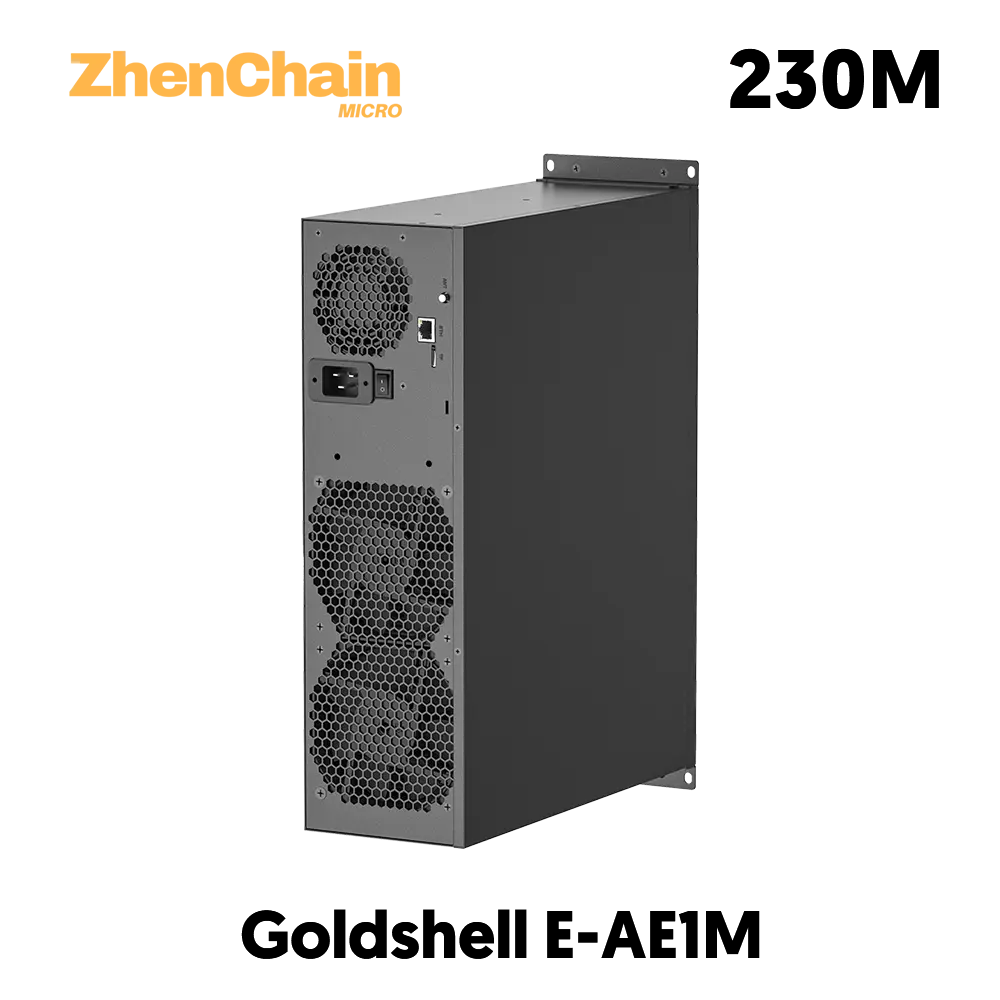As cryptocurrency mining grows in popularity and complexity, both new and seasoned miners face a critical decision—should they mine solo or join a mining pool? Each approach comes with its own set of benefits and drawbacks that can dramatically affect profitability, consistency, and the miner’s overall experience.
This blog will walk you through the core differences between solo and pooled mining, helping you determine which path is best aligned with your goals, resources, and technical expertise.
What Is Solo Mining?
Solo mining means mining independently, without connecting your miner to a collective mining pool. When mining solo, you run a full node and use your own hashing power to attempt to solve cryptographic puzzles and verify blocks.
If successful, you receive the full block reward, including transaction fees. However, the probability of mining a block solo has declined drastically due to the increasing difficulty of mining and the domination of large mining pools.
What Is Pooled Mining?
Pooled mining refers to the collaborative approach of combining your hashing power with that of other miners in a shared mining pool. The pool works together to solve blocks and distributes the rewards among participants based on each miner’s contribution.
While you earn only a small fraction of the total block reward, payouts are more frequent and predictable, making it an appealing option for beginners and miners with lower hash rates.
Pros and Cons of Solo Mining

Advantages
-
Full Block Rewards
If you successfully mine a block on your own, you get 100% of the reward and transaction fees—no sharing involved. -
No Pool Fees
Mining pools typically charge a fee (usually 1%–3%). With solo mining, you avoid these charges entirely. -
Complete Autonomy
You control your mining setup, including software configuration, hardware optimization, and wallet management. -
Higher Privacy
There's no need to submit hash rate data or account details to a third-party platform.
Disadvantages
-
Low Success Probability
Due to the difficulty of mining, solo miners rarely succeed unless they have a massive hash rate—comparable to industrial-scale operations. -
Inconsistent Income
Even with powerful equipment, weeks or months might pass without mining a single block. -
High Infrastructure Costs
Solo mining requires full nodes, robust hardware, cooling systems, and reliable power sources—leading to higher upfront investment. -
Steep Learning Curve
Operating and maintaining a solo mining system requires strong technical skills and regular maintenance.
Pros and Cons of Pooled Mining

Advantages
-
Steady Payouts
Miners receive small, regular rewards proportionate to their hash rate, providing predictable cash flow. -
Lower Barrier to Entry
Even miners with limited hardware can participate and earn, making it ideal for beginners. -
Simplified Setup
Most pools offer user-friendly dashboards and step-by-step guides for quick onboarding. -
Community and Support
Pools often maintain online forums, customer service, and documentation to help troubleshoot and improve performance.
Disadvantages
-
Shared Rewards
Since you’re sharing efforts with many miners, the individual payout is significantly smaller than in solo mining. -
Service Fees
Pool operators charge fees that reduce overall earnings. -
Centralization Risks
Large pools that control significant network hash rates may pose a risk to blockchain decentralization. -
Reliance on Pool Performance
If the pool experiences downtime, network attacks, or mismanagement, your earnings and mining efforts are impacted.
Key Considerations When Choosing a Mining Strategy
1. Your Hashrate and Equipment
Solo mining only makes sense for miners with massive computational power—often requiring several high-performance ASIC miners like Bitmain's S21, IceRiver KS5, or Goldshell's E-AE1M.
If your hashrate is below the network average, joining a pool is your best option.
2. Electricity Costs
Electricity is one of the largest recurring expenses for miners. If you have access to very cheap or subsidized power, solo mining becomes more viable. Otherwise, pool mining offers a more sustainable route for covering costs with smaller but consistent payouts.
3. Technical Knowledge
Solo mining requires running full nodes, maintaining uptime, setting up port forwarding, and using custom firmware. If you’re not comfortable with these tasks, mining pools are a more beginner-friendly choice.
4. Risk Tolerance
Can you wait weeks or months with no earnings for the chance of a big reward? Solo mining is inherently riskier. Pool mining reduces volatility by distributing block rewards across members more frequently.
Real-World Miner Feedback
A glance at mining communities like Reddit, Bitcointalk, and Twitter reveals mixed opinions on solo mining. Some experienced miners share stories of winning the "solo mining lottery," while others warn about wasted electricity and long dry spells.
One user commented:
"Even with an Antminer S19j Pro, your chances of solving a block solo are close to zero. It's like trading power bills for lottery tickets."
Another said:
"Mining pools exist for a reason—solo mining isn’t viable unless you run a warehouse full of machines."
These real-world examples highlight the growing difficulty of profitable solo mining in the current ecosystem.
Quick Comparison Table
| Feature | Solo Mining | Pooled Mining |
|---|---|---|
| Block Reward | Full 100% | Shared based on hash contribution |
| Fees | None | Typically 1%–3% |
| Payout Frequency | Infrequent, high-value | Frequent, smaller payouts |
| Setup Complexity | High (requires full node setup) | Low (simple configuration) |
| Equipment Requirement | Very high | Low to moderate |
| Technical Skill Needed | Advanced | Beginner-friendly |
| Risk Level | High (possible no income) |
Low (predictable income) |
Conclusion: Which One Should You Choose?
Choose Solo Mining If:
-
You operate multiple top-tier ASIC miners.
-
You have access to very cheap or free electricity.
-
You’re experienced with running full nodes and configuring hardware.
-
You’re comfortable with long periods without payout in exchange for the possibility of a large reward.
Choose Pooled Mining If:
-
You’re new to mining.
-
You have limited hardware or operate at a small scale.
-
You prefer steady, predictable income.
-
You want an easier and faster setup with community support.
Final Thoughts
Solo and pooled mining both have their place in the crypto ecosystem. Solo mining offers the thrill and reward of autonomy, but comes with high risk and operational demands. Pooled mining, on the other hand, democratizes access to mining and provides consistent returns for miners of all levels.
Understanding the trade-offs between them allows you to make an informed decision—and possibly pivot between the two strategies depending on changing market conditions, hardware availability, and your personal goals.
References
-
CryptoMinerBros. (2024). Solo Mining vs. Pooled Mining: Which is Right for You?
https://www.cryptominerbros.com/blog/solo-mining-vs-pooled-mining/ -
Reddit – r/BitcoinMining Community Discussions
https://www.reddit.com/r/BitcoinMining/ -
Bitcointalk Forum – Mining Subsection
https://bitcointalk.org/index.php?board=14.0











Laisser un commentaire
Ce site est protégé par hCaptcha, et la Politique de confidentialité et les Conditions de service de hCaptcha s’appliquent.